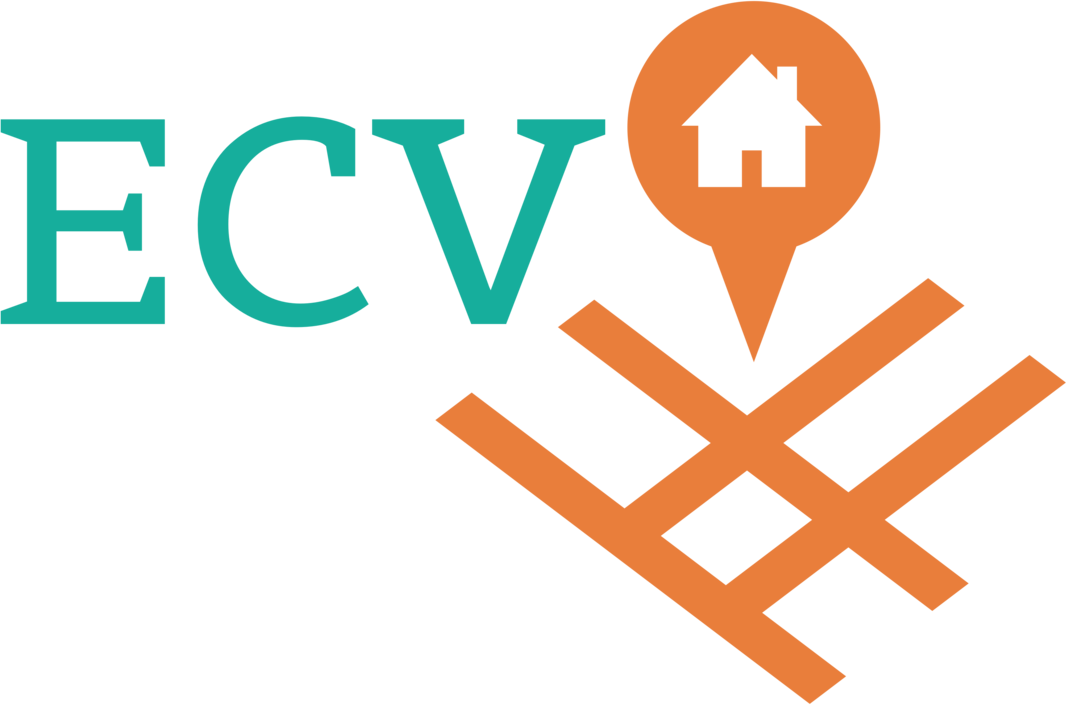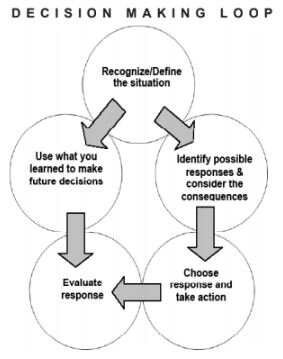What are DSP Tools and Values in Supporting Individuals?
A DSP or Direct Support Professionals can provide the best possible support to each individual with DSP tools and the right values.
It is important that every DSP is sufficient with the right skills and knowledge, which are the DSP Tools, whether they are
working with a team or independently.
This is to help them successfully meet their goals with the services they give and on how they are taking care of the well-being of each individual with developmental disabilities. Also, this is to help them to deal with the daily challenges of their job.
Tools in the DSP Toolbox includes:
Ethics
These are guidelines that need to be followed. People’s ethics are influenced by a variety of factors including culture, education, and the law.
(NADSP) or the National Alliance of Direct Support Professionals developed a Code of Ethics to help DSPs make professional and ethical decisions that help and benefit the individuals they support.
DSPs are expected to use this professional Code of Ethics when faced with difficult decisions, even if these ethics differ from their own.
NADSP Code of Ethics includes:
Advocacy
Promoting Physical and Emotional
Well-Being
Person-Centered Supports
Integrity and Responsibility
Confidentiality
Fairness
Respect
Relationships
Self-Determination
Observation
This is how DSPs use their eyes and ears to notice any changes that could possibly affect an individual’s health, attitude, appearance, or behavior.
Transport Chairs, Manual Wheelchairs & More from AvaCare Medical
Communication
This is where the DSPs give and receive information from each individual. One important key factor in DSP tools is understanding each individual’s needs, asking questions to gain a more complete understanding, and being understood.
It is also important that every DSPs should be respectful at all times in how they communicate. Listening is always key.
Decision-Making
Each DSP needs to evaluate their responses and how this may affect the outcomes in every situation. This is also Choosing the best response, Recognize or define the situation, Identify possible responses and consider the consequences, Choose a wise and Meaningful response and take action, Assess how your response worked (were the consequences created a positive outcome, if not, what response could have made it still work better?) and Use what you learned to make more positive and meaningful decisions in the future.
Documentation
This is important information and written record about individuals and events that can also be shared with other DSPs and healthcare professionals who are also supporting individuals.
Ways on how to document:
The DSP is required to keep consumer notes for the following important, non-routine events in an individual’s life: medical and dental visits, illness/injury, community outings, overnight visits away from the home, and communications with the individual’s physician.
Do not document personal opinions, just the facts
Record what the individual actually said or describe non-verbal attempts to communicate.
Be specific when describing behaviors.
Describe the event from beginning to end.
Do not use White-Out to correct mistakes. Cross out the error and put your initials next to it.
Sign Or initial and date.
Be brief.
Use ink.
The Lanterman Act became law in the 1970s established the state’s promise to Californians
with intellectual/developmental disabilities to provide quality services to meet their individual needs.
Here is the list of values that guides the Direct Support Professionals (DSP) based on the Lanterman Developmental Disabilities Services Act:
Individual Choice - Support addresses the individual’s needs and respects the individual’s preferences. Individuals yet have the right to make their own decisions in their lives.
Relationships - Support helps individuals with developmental disabilities to develop and keep relationships within their circle.
Regular Lifestyles - When an individual’s needs change, support and services should change as well to make sure that the individual can continue living where he or she chooses.
Health and Well-being - It is important that services and supports teach individuals how to keep themselves healthy, in terms of assistance in giving them medically, mental health services, dental care treatment when they need it.
Right and Responsibilities - Support needs to learn about each individual’s rights and responsibilities such as respecting each other's privacies.
Satisfaction - Individuals have the right to be satisfied with the services and supports they receive and be supported to change them when they are not satisfied.
To learn more about DSPs support and services, you may visit www.elegantcarevilla.org/the-care-process.
For more information and updates about NADSP, Visit the NADSP website: www.nadsp.org.
AvaCare Medical carries thousands of discount medical supplies at the lowest prices online.




